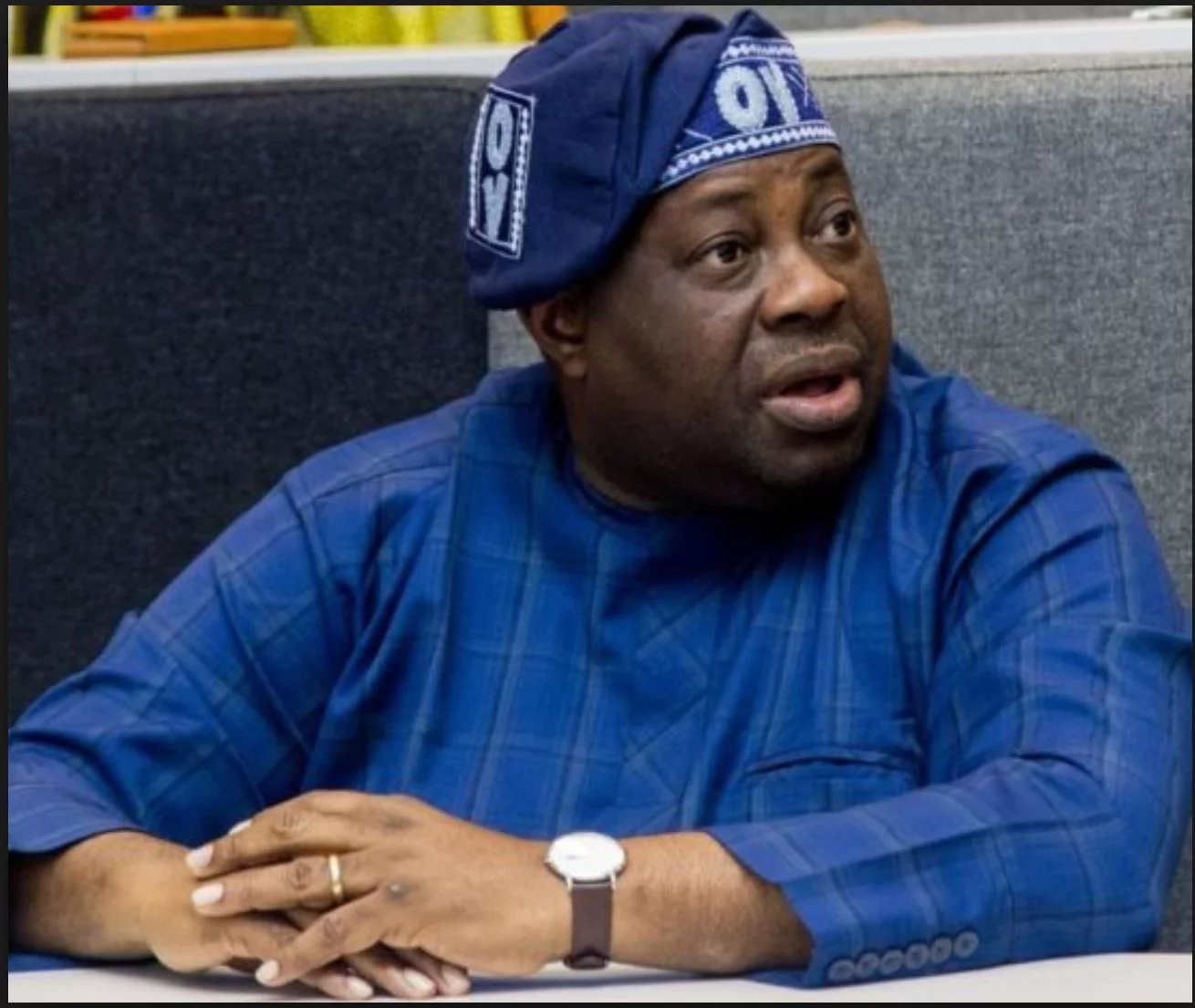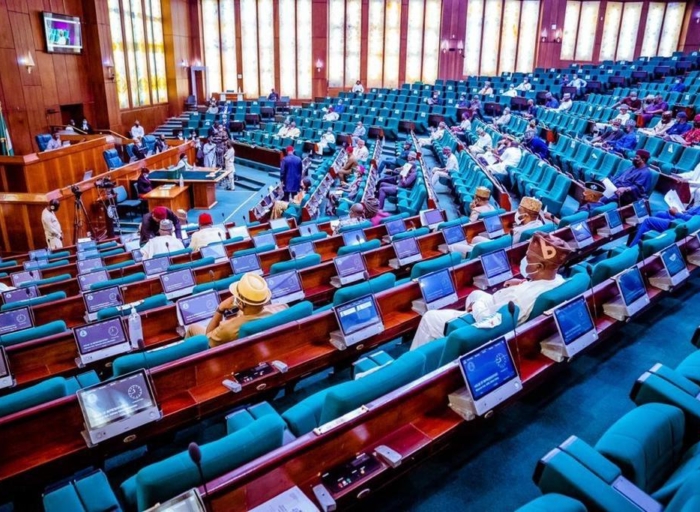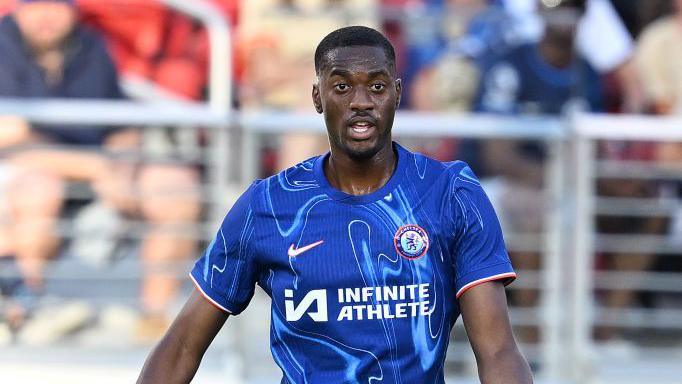Renowned publisher and former presidential aspirant, Dele Momodu, has expressed concern over what he describes as the growing and outsized influence of Minister of the Federal Capital Territory (FCT), Nyesom Wike, within President Bola Tinubu’s administration—suggesting that Nigeria may be operating under a form of “unofficial dual leadership.”
Speaking on The Morning Brief on Channels Television on Wednesday, Momodu reacted to President Tinubu’s glowing remarks about Wike during the recent commissioning of the refurbished International Conference Centre in Abuja, which has now been renamed in the president’s honour.
“Right now, it’s looking like we have two presidents in Nigeria,” Momodu stated. “Wike can do anything. Even President Tinubu, who has controlled Lagos since 1999, was never this audacious.”
President Tinubu had commended Wike’s efforts during the commissioning ceremony and urged him to ignore “busybodies and naysayers”—a comment that drew Momodu’s ire.
“I listened to the President of the Federal Republic of Nigeria calling fellow Nigerians ‘busybodies,’” Momodu said. “You interpreted it as ‘naysayers’—‘naysayers’ is still far better. Who is a bystander in his own country because of one man?”
Dele Momodu also criticised the scale and celebratory tone of the event, questioning the rationale behind what he described as “a ₦30 billion launch.”
“If you were in Wike’s shoes, you would dance more than he danced yesterday,” he quipped. “I saw the expressions on the faces of the audience—they looked befuddled, like, ‘what is our country turning into?’”
Wike, a prominent member of the opposition Peoples Democratic Party (PDP), has been a key figure in the Tinubu administration since his appointment in 2023, sparking ongoing speculation about his potential defection to the ruling All Progressives Congress (APC).
Momodu’s remarks are the latest in a series of criticisms aimed at the growing centrality of Wike in national affairs, further fuelling debates about transparency, party loyalty, and the balance of power in Nigeria’s political system.




